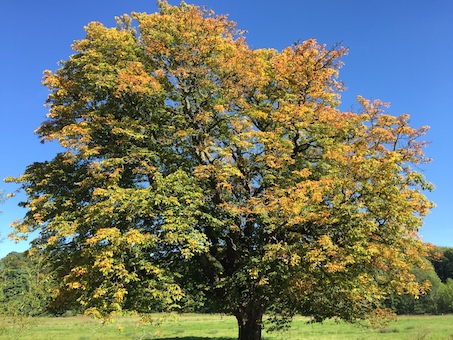Teaching maths is a subject that is often put in the ‘difficult but necessary box’. Over the last fifty years, UK governments have left a trail of initiatives, ranging from “New Maths” to “Maths to 18”, with little or no improvement in maths skills. What if the philosopher Wittgenstein designed a new maths curriculum?
After the publication of the Tractatus, which he felt solved all of the problems in philosophy, Wittgenstein spent six years as a primary school teacher in Lower Austria. Wittgenstein’s style of teaching had an emphasis on precision and clarity; he believed that clear language reflected clear thought. He preferred “hands-on” learning, especially in maths. Wittgenstein treated maths as a language, and he wanted pupils to see how numbers work, not just remember formulas.
Wittgenstein would have used objects, diagrams, and practical examples to make maths ideas tangible. For instance, he’d connect arithmetic to counting apples or drawing lines, which would ensure the children grasped the meaning of number relationships. This would align with how children naturally learn: through seeing and doing before abstract reasoning. They would build strong mental models of quantity and pattern, which would be the foundations for later abstract thought. Today’s teaching sometimes moves too quickly to symbols and abstract problems, especially under exam pressures, which can leave many pupils behind.
Wittgenstein viewed maths as a language, with a set of rules governing meaning and use. Misunderstandings were treated as language mistakes, not failures of intelligence. Pupils would gain clarity in expression and reasoning and learn to think and communicate mathematically. Current teaching often separates literacy and numeracy, even though language shapes how we understand numbers and can reduce maths to rote learning.
For Wittgenstein, teaching maths would have been about cultivating truthfulness, precision, and self-correction - in other words, habits of mind, not just skills. He wanted pupils to care about getting things right because they valued truth, not because of marks or fear of failure. Pupils would develop resilience and intellectual honesty, which are qualities useful beyond mathematics. Compared to the current systems, which often overemphasise grades and targets, Wittgenstein’s curriculum would encourage the moral quality of careful thinking.
Wittgenstein believed that struggle is part of learning. He resisted giving easy answers and expected pupils to work things out themselves. This approach fosters independence and deep satisfaction in discovery. Pupils would then experience the joy of insight and become self-reliant problem solvers. Currently, in classrooms, which are under time pressure, teachers often guide too quickly through difficulty.
If Wittgenstein had designed a curriculum for maths, then it would have generally improved numeracy skills, which are a part of everyday living, from paying bills taking out a mortgage or ordering enough paint for a wall. The curriculum would give students greater confidence in maths so that they could go further in STEM subjects and give greater career opportunities. Finally, it would improve critical thinking skills, which are one of the core skills to actively participate in society. Next time you are attending a parents evening and discussing the progress of your child with maths, why don’t you ask why they are not adopting a curriculum that Wittgenstein would have developed?





